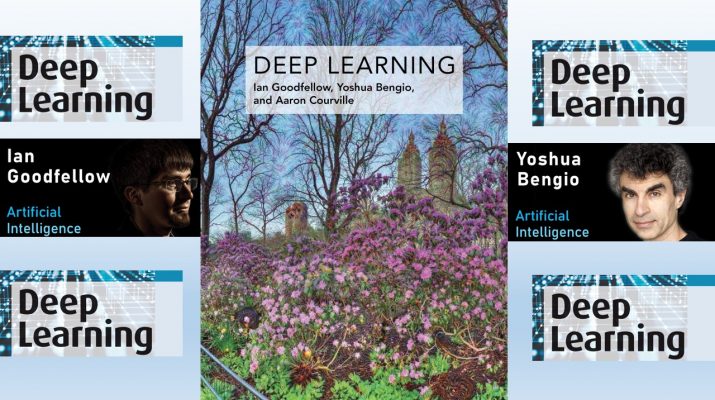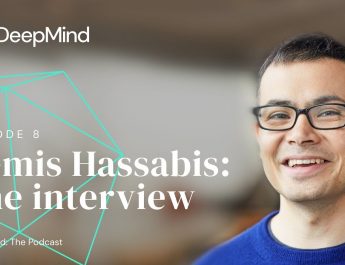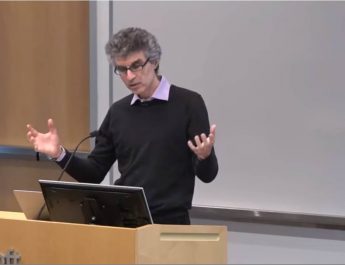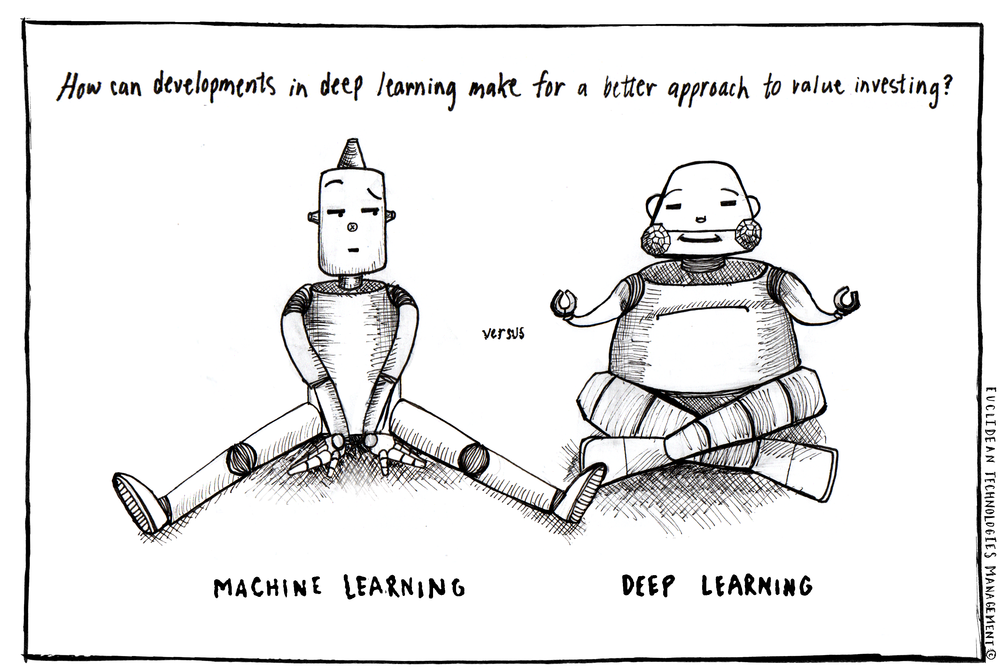Deep learning: Ian Goodfellow and Yoshua Bengio and Aaron Courville
Deep learning is a form of machine learning that enables computers to learn from experience and understand the world in terms of a hierarchy of concepts. Because the computer gathers knowledge from experience, there is no need for a human computer operator to formally specify all the knowledge that the computer needs.
The hierarchy of concepts allows the computer to learn complicated concepts by building them out of simpler ones; a graph of these hierarchies would be many layers deep. This book introduces a broad range of topics in deep learning.
The text offers mathematical and conceptual background, covering relevant concepts in linear algebra, probability theory and information theory, numerical computation, and machine learning. It describes deep learning techniques used by practitioners in industry, including deep feedforward networks, regularization, optimization algorithms, convolutional networks, sequence modeling, and practical methodology; and it surveys such applications as natural language processing, speech recognition, computer vision, online recommendation systems, bioinformatics, and videogames. Finally, the book offers research perspectives, covering such theoretical topics as linear factor models, autoencoders, representation learning, structured probabilistic models, Monte Carlo methods, the partition function, approximate inference, and deep generative models.
Deep Learning can be used by undergraduate or graduate students planning careers in either industry or research, and by software engineers who want to begin using deep learning in their products or platforms. A website offers supplementary material for both readers and instructors.
About the Authors
Ian Goodfellow is Research Scientist at OpenAI.
Yoshua Bengio is Professor of Computer Science at the Université de Montréal.
Aaron Courville is Assistant Professor of Computer Science at the Université de Montréal.
Reviews
“[T]he AI bible . . . the text should be mandatory reading by all data scientists and machine learning practitioners to get a proper foothold in this rapidly growing area of next-gen technology.”—Daniel D. Gutierrez, insideBIGDATA
“Written by three experts in the field, Deep Learning is the only comprehensive book on the subject. It provides much-needed broad perspective and mathematical preliminaries for software engineers and students entering the field, and serves as a reference for authorities.” —Elon Musk, cochair of OpenAI; cofounder and CEO of Tesla and SpaceX
“This is the definitive textbook on deep learning. Written by major contributors to the field, it is clear, comprehensive, and authoritative. If you want to know where deep learning came from, what it is good for, and where it is going, read this book.”—Geoffrey Hinton FRS, Emeritus Professor, University of Toronto; Distinguished Research Scientist, Google
“Deep learning has taken the world of technology by storm since the beginning of the decade. There was a need for a textbook for students, practitioners, and instructors that includes basic concepts, practical aspects, and advanced research topics. This is the first comprehensive textbook on the subject, written by some of the most innovative and prolific researchers in the field. This will be a reference for years to come.”—Yann LeCun, Director of AI Research, Facebook; Silver Professor of Computer Science, Data Science, and Neuroscience, New York University
https://mitpress.mit.edu/books/deep-learning
Chapter 1, Introduction: Yusuf Akgul, Sebastien Bratieres, Samira Ebrahimi, Charlie Gorichanaz, Brendan Loudermilk, Eric Morris, Cosmin Pârvulescu and Alfredo Solano.
Chapter 2, Linear Algebra: Amjad Almahairi, Nikola Banić, Kevin Bennett, Philippe Castonguay, Oscar Chang, Eric Fosler-Lussier, Andrey Khalyavin, Sergey Oreshkov, István Petrás, Dennis Prangle, Thomas Rohée, Gitanjali Gulve Sehgal, Colby Toland, Alessandro Vitale and Bob Welland.
Chapter 3, Probability and Information Theory: John Philip Anderson, Kai Arulkumaran, Vincent Dumoulin, Rui Fa, Stephan Gouws, Artem Oboturov, Antti Rasmus, Alexey Surkov and Volker Tresp.




